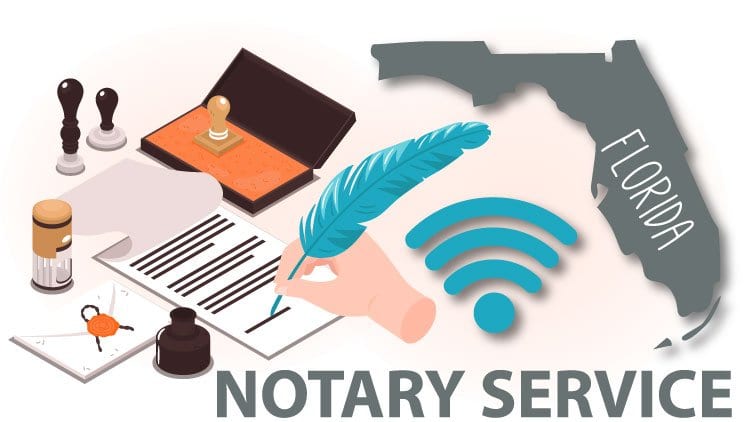Browsing DIRCO Needs: Conformity and Diplomatic Relations
Debunking Notarial Work: Simplifying the Role and Relevance of Notaries
In the complex internet of lawful documentation and verification, notaries stand as columns of assurance and credibility. Their function, usually shrouded in mystery for numerous, brings substantial weight in guaranteeing the legitimacy and integrity of vital documents. As guardians of legality and reality, notaries play an essential component in our society, yet their work is not constantly totally understood. By deciphering the complexities losing and bordering notarial techniques light on the relevance of their acts, a clearer understanding arises of the essential function notaries play in upholding the textile of contractual and lawful agreements.
The Background of Notarial Job
Just how did notarial job progress over time to come to be an integral part of legal and company purchases? The background of notarial work dates back to ancient civilizations, where scribes played a critical duty in taping important information and verifying records. As societies progressed, the demand for a much more formalized system to make certain the credibility of agreements emerged. This resulted in the development of notaries, people assigned by the state to serve as objective witnesses in lawful matters.
During the Middle Ages, notaries got prominence in Europe, with their features increasing to consist of drafting lawful records, certifying signatures, and protecting records. The increase of global profession further stressed the value of notarial operate in validating agreements and contracts throughout boundaries.
In the modern period, notaries remain to play an important duty in legal and service purchases by verifying identities, verifying the credibility of files, and avoiding fraud. Their duty in accrediting the legitimacy of agreements adds a layer of protection and trust fund to the ever-evolving landscape of business and regulation.

Obligations and Responsibilities of Notaries
The historic evolution of notarial job from old people to the contemporary era has shaped the unique tasks and responsibilities that notaries support in lawful and organization deals today. Notaries play a crucial function in verifying the credibility of files and the identification of signatures. Among their main duties is to witness the signing of vital papers, such as contracts, actions, and wills, to ensure that all events are becoming part of agreements purposefully and willingly. Notaries also confirm that signatories are of audio mind and not under pressure or threat.
Furthermore, notaries are charged with carrying out affirmations and oaths, which are critical in legal process and the implementation of affidavits. They accredit duplicates of initial files, offering guarantee to establishments that the duplicates are true replicas of the originals. Notaries must preserve precise documents of all transactions they supervise to make sure openness and liability. Generally, the obligations and responsibilities of notaries are crucial in securing the integrity and legitimacy of various papers and transactions.
Notarial Certificates and Signatures
Exemplifying precise interest to detail, notarial certificates and trademarks work as crucial elements in validating the authenticity of lawful documents. Notarial certifications normally have crucial information such as the day of registration, the names click for more info of the signatures, a summary of the document, and the notary's main seal. These certificates provide a clear document of the notarial act, making certain that the record can be conveniently determined and traced back to the notary who oversaw the procedure.
Trademarks play an essential duty in notarial job, as they represent the contract and authorization of the celebrations included. Notaries carefully witness the signing of documents to confirm the identification of the signatures and confirm that they are signing of their very own complimentary will. By affixing their official seal and signature to the record, notaries certify that the necessary treatments have actually been adhered to and that the record is enforceable and valid.
In essence, notarial certifications and signatures are the trademark of credibility in lawful deals, offering guarantee to all celebrations involved that the files are reputable and binding.
Importance of Notarial Acts
Registration Process Discussed
Discussing the registration procedure offers quality on the important steps included in validating legal files. The notarization procedure typically begins with the individual offering the record to a notary public. The notary after that validates the endorser's identity through appropriate identification approaches. As soon as the identification is verified, the notary makes sure that the private signing the document does so voluntarily and with no coercion.

Final Thought

Notarial certifications normally contain vital info such as the day of notarization, the names of the notaries, a summary of the paper, and the notary's official seal. These certifications supply a clear document of the notarial act, ensuring that the document can be conveniently recognized and traced back to the notary that managed the procedure.
By attaching their official seal and signature to the document, notaries accredit that the required treatments have been adhered to and that the paper is legitimate and Related Site enforceable.
By validating the identification of the signatories, verifying their readiness to get in into the agreement, and certifying the date and location of the signing, notaries play a vital function in supporting the credibility of legal files.After the document is authorized, the notary will attach their main seal or stamp onto the file.